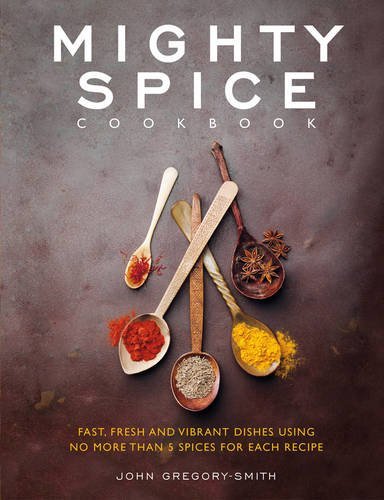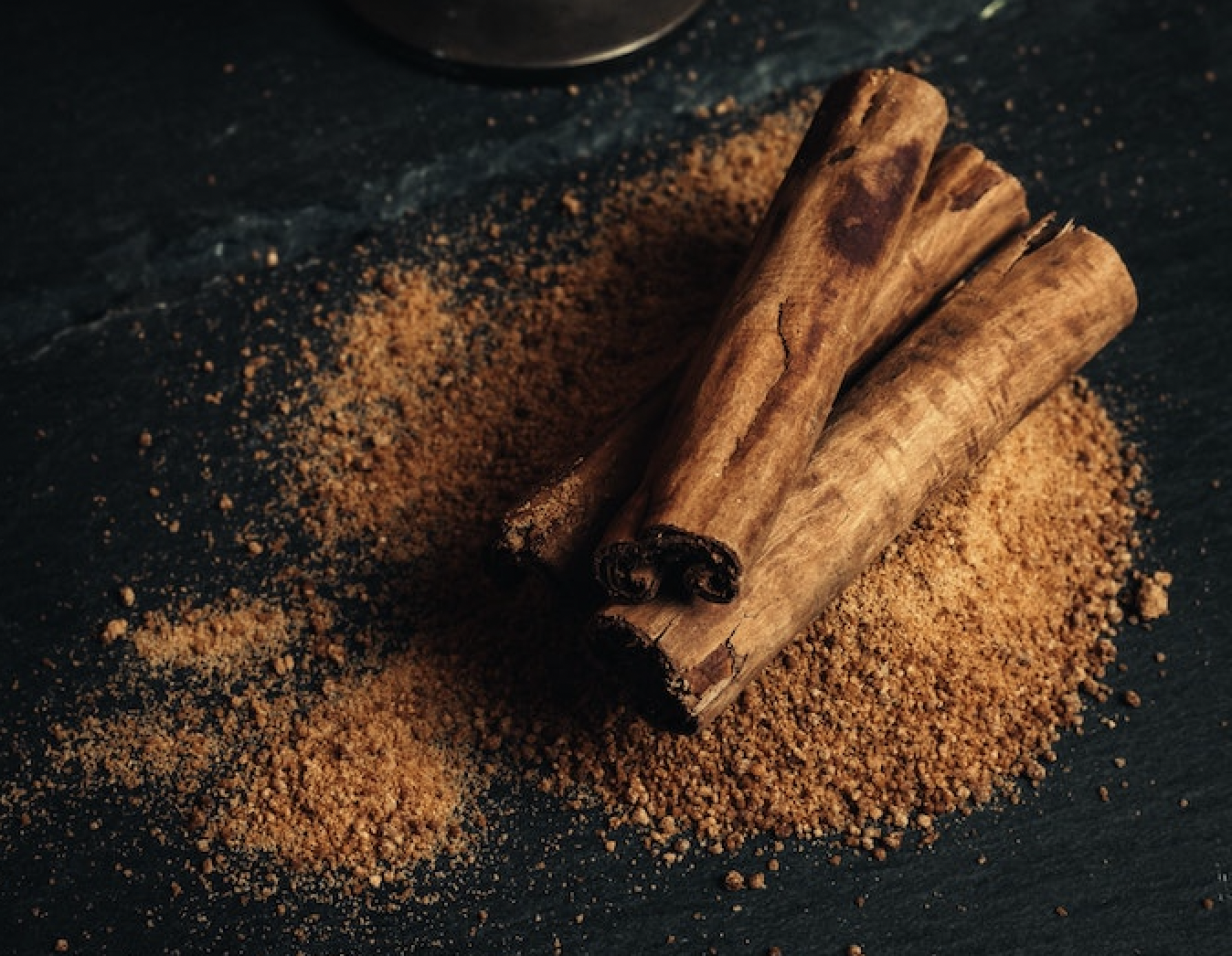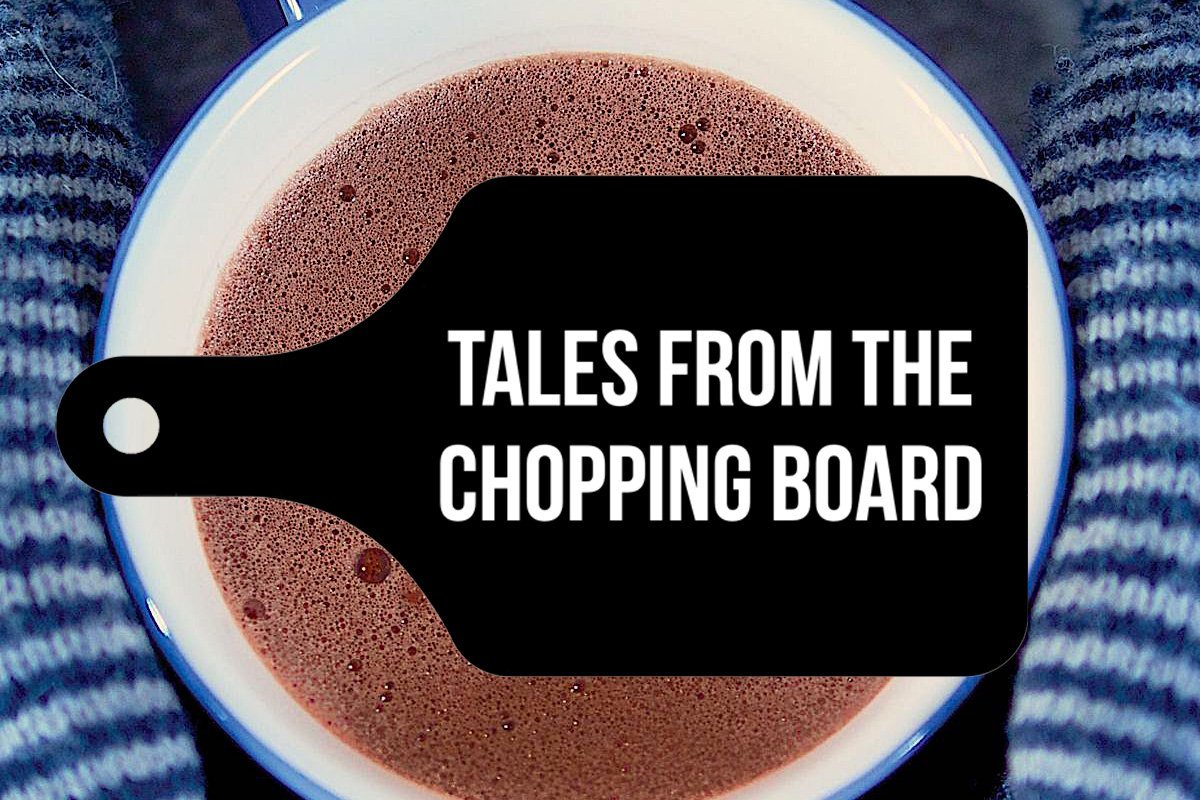Q&A with John Gregory-Smith, author of Mighty Spice
John Gregory-Smith is a Londoner born and bred but an irrepressible traveler at heart. He has written several cookbooks, all of which involve his twin passions – travel and food. Mighty Spice Cookbook and Mighty Spice Express Cookbook, both recent additions to ckbk, are an ode to the world of spices, which have motivated his global meanderings through the years. His upcoming book, Fast Feasts, is out in April 2022.
His travels have taken him to Lebanon, Turkey, Morocco, Israel, Palestine, India, Mexico, Southeast Asia, and China. The more far-flung, and the more interesting the local cuisine, the better.
As well as writing cookbooks, John writes travel articles and recipes for a number of UK magazines and newspapers, including delicious. magazine, The Telegraph, and others, as well as appearing on Channel 4’s ‘Sunday Brunch’ and ITV’s ‘This Morning’ programs.
We spoke to John about his food-writing inspiration and asked him about the key spices cooks should have on hand to cook Middle Eastern dishes.
Find more of John’s recipes and get a feel for his cooking style on his Instagram and TikTok accounts.
Q What was it about spices that first captured your imagination?
I wrote Mighty Spice Cookbook 10 years ago. Back then, in the UK, when you used spices here it would be a bit of this, a little dash of that. And when I was traveling around the world, to India, for example – cooks there would be so liberal with spices, and so calculated as well. The ground or fresh spices cooks used would add so much flavor – and that was what I loved.
Q Have spices played an important role in your life and career?
In terms of my career – definitely. When I first started out as a writer, I was really fascinated by spices – these little ingredients, with these big tastes: amazing. I’m now a bit more considered in how I use spices and maybe use a bit less in each recipe. When I go away for more than one night, I take spices with me, because I just need to know I have them. If I’m away for more than one night, I will always take my Turkish coffee pot, my coffee, tahini, and some Turkish pepper flakes. It’s just a thing!
Q Tell us about the most interesting spice discovery you made when you were traveling and researching your books.
I’m fascinated by places that I have never previously heard of, never seen, and don’t know anything about. I’ve always loved Chinese food, and I’d read about the northeast Dongbei region. I just happened to be talking to a friend of a friend whose wife was from the region. They took me there, and I ended up working for three days in their family restaurant. It’s a very industrial region, and it’s cold, and the food is very different from the Chinese food I was familiar with – they use a lot of lamb and cumin. They would make this amazing spit-roast lamb, using classic seasonings but with lots of ground cumin and coriander. I’d never seen those sorts of spices used in Chinese food before, and I loved that.
Try John’s Dongbei Cumin and Coriander Stir-fried Lamb.
Q Every society has its own way of cooking and using spices. Do you think there is a fundamental human desire to cook with spices?
Spices were the original trading commodity. People fought wars over them, and they were used medicinally and as flavoring ingredients. Perhaps we in the West use them more as flavoring ingredients than medicinally but, fundamentally, there is something to the idea spices have universal appeal; the people from the various regions where the spices were grown knew all about their health properties, too. I think there is something about spices that humans have long been fascinated with.
Q Middle Eastern cooking is a favorite of yours. Which half-dozen spices would you recommend that people have in their pantry if they want to cook food from the region?
If you can find it, get baharat. It’s a classic aromatic Middle Eastern spice blend that includes black pepper, allspice, cloves, nutmeg, cardamom – and it gives a real bang for your buck. If you just have one spice, that should be it. Then, cumin. Cardamom pods – you can put them in rice and in stews, as well as in sweets. Cinnamon – it goes so well with everything from lamb to lovely milky desserts. Then saffron, and probably allspice. Although allspice is sometimes used in baharat, it’s a lovely one to cook with. If I make a very simple kebab with, say lemon, salt, and yogurt, I add a little bit of ground allspice.
Q Who are the food writers that you most admire, and which have had the most influence on you?
I think Diana Henry is amazing. I was more into TV chefs when I was younger, and Diana was the first food writer whose writing I discovered, and whose writing I thought was amazing. She has so many cuilnary influences that she writes about. And Yotam Ottollenghi. I think it’s fair to say that without him, I probably wouldn’t be doing what I do now. And I think Caroline Eden is pretty amazing. Her books are like travelogs, like journals, and she’s such a wonderful writer. She brings things to life.
Popular recipes from John-Gregory-Smith’s cookbooks
Mighty Spice Cookbook and Mighty Spice Express Cookbook are now available in full on ckbk.
More features from ckbk
Q&A with Sharon Wee
Sharon talks about her book Growing Up in a Nonya Kitchen.








